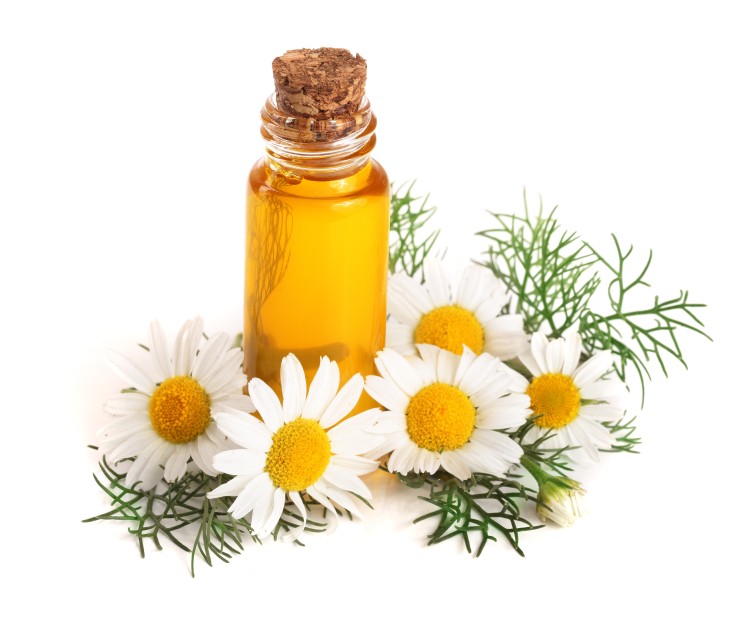
Alternative medicine enthusiasts have subscribed to the power of essential oils for years. But with their increasing availability (and claimed health benefits), they're going mainstream.
Essential oils are concentrated plant extracts. "Plants are made of structural materials and phytochemicals. These chemicals have properties that not only benefit the plant but benefit people, too,"
It takes a tremendous amount of plant material to make essential oils, which can make some of them expensive. For example:
"Because it takes so much of the plant to make an essential oil, it's a powerful botanical medicine,"
Essential oils can be used in aromatherapy, a kind of complementary medicine that uses smell to improve your health or applied topically to the skin.
Studies have shown that essential oils may help:
Because essential oils are so strong, It is recommended being mindful about why and how you're using them. Only small amounts — typically just a few drops — are used.
"It's also a good idea not to use them routinely, as your body can get used to them, lowering their effectiveness,"
Here are some ways you can use essential oils:
You can diffuse essential oils, which is a type of aromatherapy. "It's a great way to change your mood quickly. As you breathe in, the oil's aroma immediately stimulates your central nervous system, triggering an emotional response,".
"It can reduce anxiety and stress response quickly." Mix essential oils and water in an essential oil diffuser and turn on the magic. A diffuser is a device that disperses tiny oil particles around the room so you can breathe them in.
Follow your diffuser's directions for the right oil-to-water ratio.
There are several other aromatherapy methods. "Whichever method you choose, avoid direct contact with the essential oil and dilute it first
Other aromatherapy methods include:
You can also reap the benefits by applying essential oils to your skin, where it's absorbed into your body. But We cautions against directly applying most essential oils to your skin without diluting them.
"With few exceptions, it's best to dilute the essential oil with a carrier oil, such as coconut or jojoba oil, to avoid skin irritation.
Some people put their essential oil blend into a small rollerball bottle for easier application.
Some people take essential oils orally in teas, supplements or even via a drop or two on their tongue. "Unless you're directed by a trained herbalist, I recommend against using them this way.
Since they're so strong, they may be harmful," It is advised. "Even with just a few drops of essential oil, you're taking a lot of plant material without realizing it. They can even burn the mucosal lining in your mouth." Some food recipes call for essential oil like orange, but always check dosing and follow directions closely. Be careful when using essential oils in children, people with weakened immune systems, pregnant women and seniors. "Some essential oils can be harmful to the liver and nervous system when used in excess. Tea tree and eucalyptus oil have also been known to cause seizures,". "They're toxic for animals as well."

|

|
Currently, there are no comment.
Login to comment